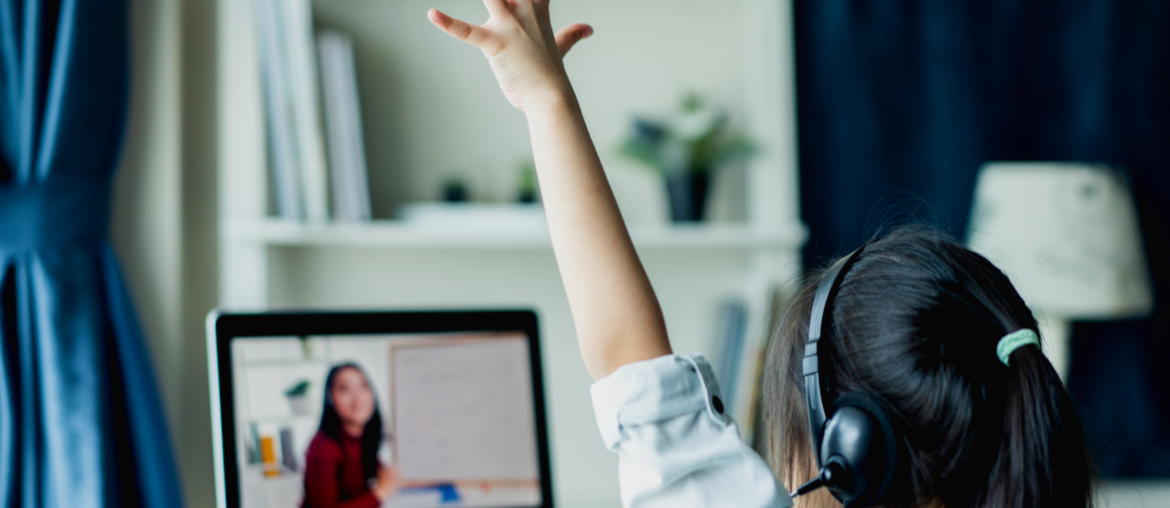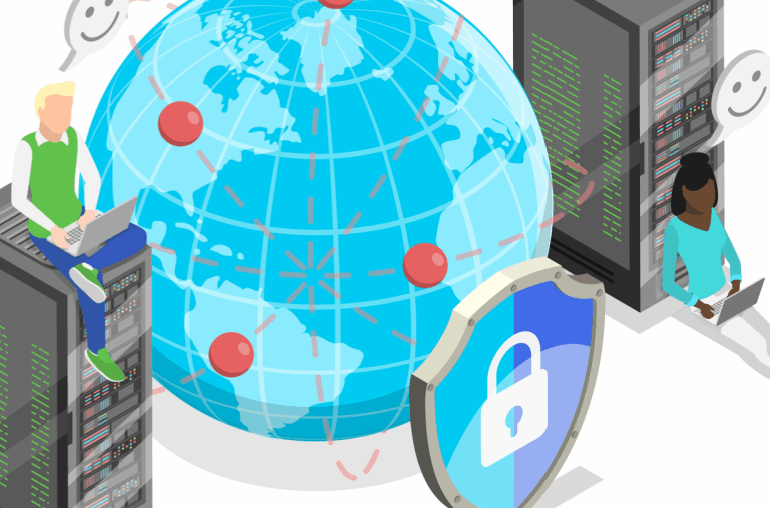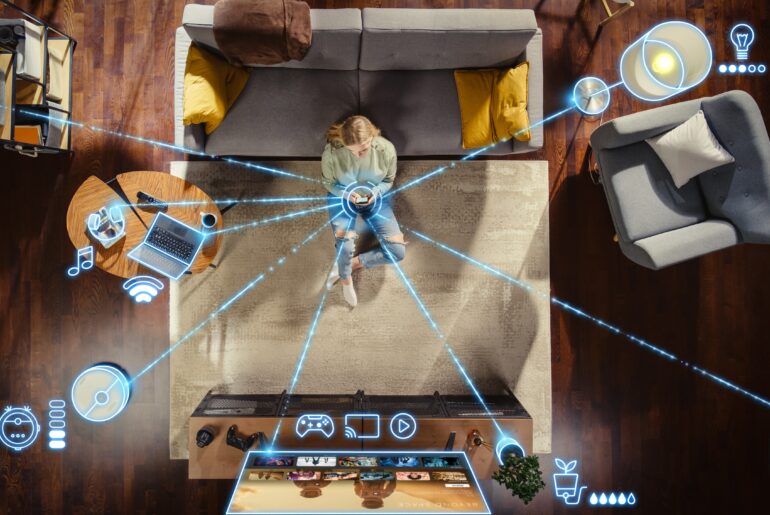Does your child attend an online school? Over the past few years, remote learning has become the standard for many families. Online classes have many advantages for students, teachers, and even parents, but there may still be cause for concern. Internet safety concerns have been a hot topic ever since online school became “the new normal.” Fortunately, there are a variety of ways to keep your child safe in online classes. Today, we’ll discuss how to protect your child’s privacy and help you answer the question, “Is your child safe in online school?”
Online Learning Safety Risks
One of the most pressing issues facing parents today is how to keep their children safe. From bullying to bike–riding to COVID-19 prevention, protecting your child from threats to their safety is more important than ever. Unfortunately, the biggest threat to children who are in online school is one they might not be aware of.
Cybercriminals across the world have begun to take advantage of the influx of online school attendees. These malicious hackers use various methods to infiltrate your child’s computer, infect their device, or steal their private information. This private information is not just limited to their identifying data like names or locations but also includes personal documents. This means that a veteran hacker can obtain your child’s photos, videos, and more.
When schools encourage students to use their personal computers on campus, they are less likely to encounter these cybersecurity threats. This is because most schools have a robust and secure network connection built to ensure that students are safe online. However, there are very few home networks that have this level of security. The lack of protection has given rise to cyber attacks, data theft, and even cases of identity theft.
So, what can you do to ensure that your child is safe in an online school? There are a few key changes to your home network and personal devices that can increase your online security.
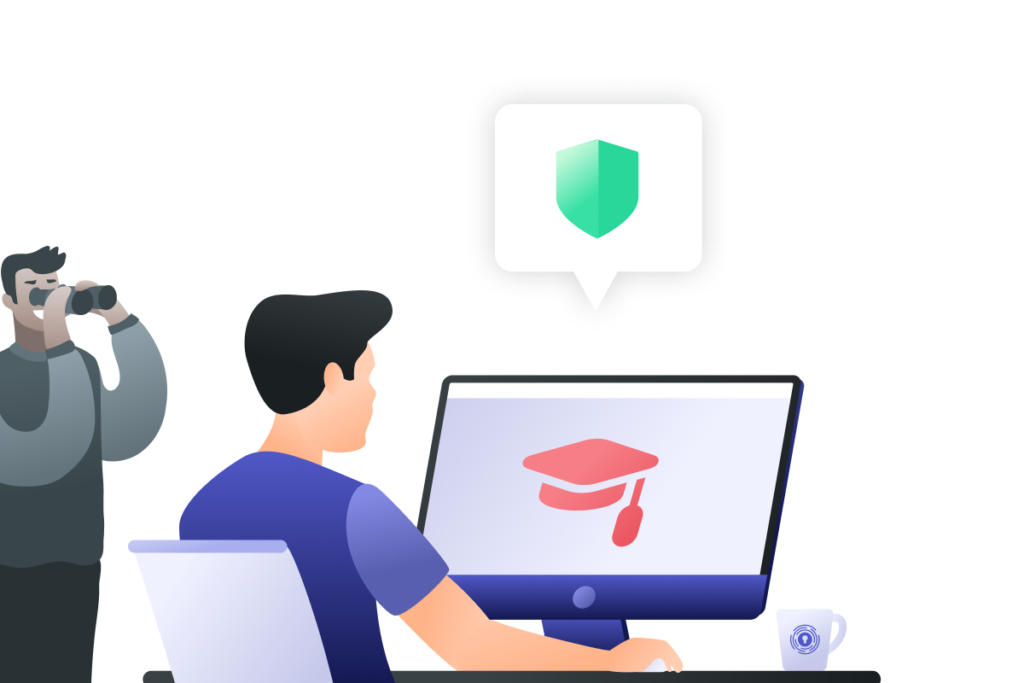
Safety Tips for Online School
To ensure that your network and your child’s devices are safe from cybercriminals and malicious hackers, you need additional protection. Below, we discuss preventative measures you can take to protect your child while they attend online school.
Add Parental Controls to Your Child’s Device
It’s never been easier to manage the way that your child uses their devices. Most popular phones, tablets, and computers have specific features that allow parents to adjust certain settings. This can include limiting your child’s screen time as well as blocking access to certain websites and extensions. You also have the ability to filter out and block inappropriate content.
Update Privacy Settings
Many devices offer basic privacy settings that can increase online safety. However, it’s important to opt-out of popular features that could put your child’s privacy at risk. These features include location sharing, cross-posting to social media websites, and many others. The settings on each device are different, however, and some settings even vary by browser or operating system. You may need to perform additional research to determine if these settings are available on your child’s device.
Monitoring Your Child’s Activity
An effective way to ensure that your child remains safe while using the Internet to attend school is to monitor their activity. For example, you can sit with your child and check their device for new software that might be a potential security risk. Some malware presents itself as fake video games or learning software, so it’s important to review what applications they download.
You can also mitigate online risks by engaging with your child during school hours, making yourself available to help if necessary. Some viruses can infect a device simply by having a user click on a false website. Your child may come across one of these viruses simply by searching online for an assignment they’re researching. If your child trusts that you can assist them, they won’t need to turn to potentially malicious websites or apps.
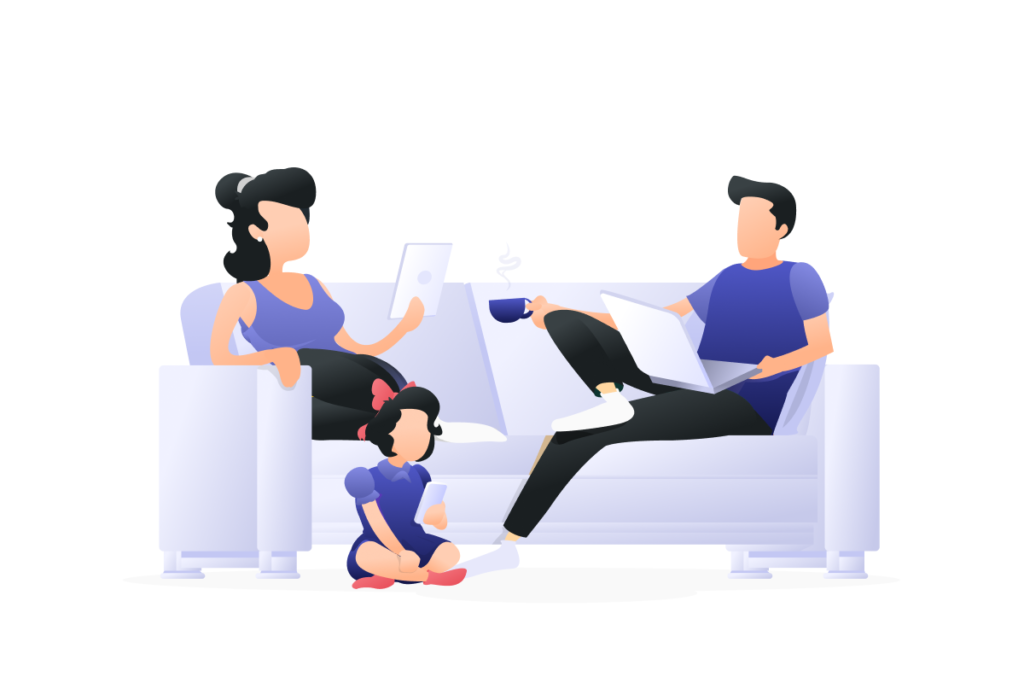
Keeping Your Child Safe in Online School
Educating your child on Internet safety etiquette can prevent serious cybersecurity attacks. Making them aware of potential risks is a great way to give your child control over their safety. Take a look at the following tips and best practices for making sure your child is safe online. Be sure to share this information with your child before the next time they use the Internet.
- Never share personal information about yourself or your family online.
- Don’t post photos or videos that mention where you live or go to school.
- Never give anyone your username and password through email, social media, over text.
- Don’t leave your phone, tablet, or computer unattended in a public place.
- Never accept gifts or money from strangers online.
- Don’t share your email address with someone you don’t know.
- Never use personal information, like a pet’s name or your birthday, in your password.
- Only open emails and links from people that you trust.
- Don’t use the same password on every website.
- Make sure that all your devices have the latest software updates.
As a parent, you may want to consider adding security software to your child’s device. Installing a VPN (Virtual Private Network) for your child can give you more control over their privacy. With VPN software on their phone, tablet, and computer, their IP address can easily be hidden from prying eyes. Because your IP address links to your location, masking it provides an extra layer of online safety for your child.
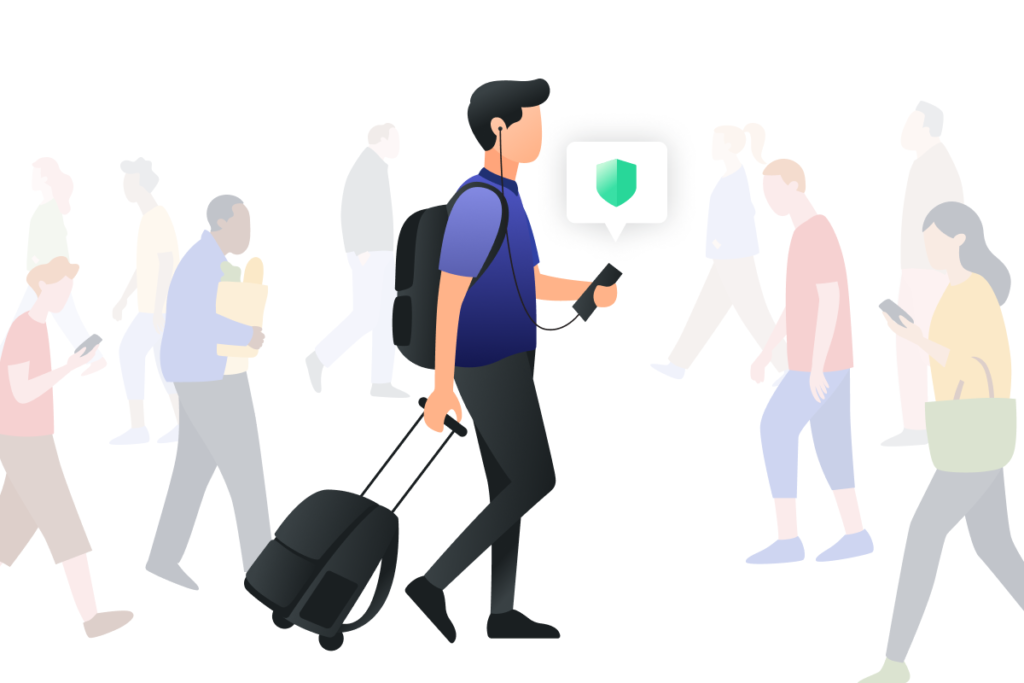
Reliable Protection for Online School with PrivadoVPN
Ensuring the safety of your child while they use the Internet is more necessary than ever. With cybercriminals and malware lurking around every corner, you can never be sure whether your child’s privacy is intact. With PrivadoVPN on your child’s computer, it’s easier to have peace of mind knowing that their security is in place. Our robust VPN provides easy-to-use privacy features like IP leak protection, Kill Switch integration, and a true Zero-Log guarantee.
Want even more privacy for your child? Our premium plan offers unlimited monthly data so you’ll never have to worry about risking an unsecured connection. Premium users also get access to hundreds of encrypted servers, the ability to create 10 simultaneous connections, and much more. Start protecting your child’s online privacy today with PrivadoVPN.
Get PrivadoVPN Today
Sign up for unlimited VPN data, access to SOCKS5 proxy, and easy-to-use multi-device protection.
Get started with PrivadoVPN now.

